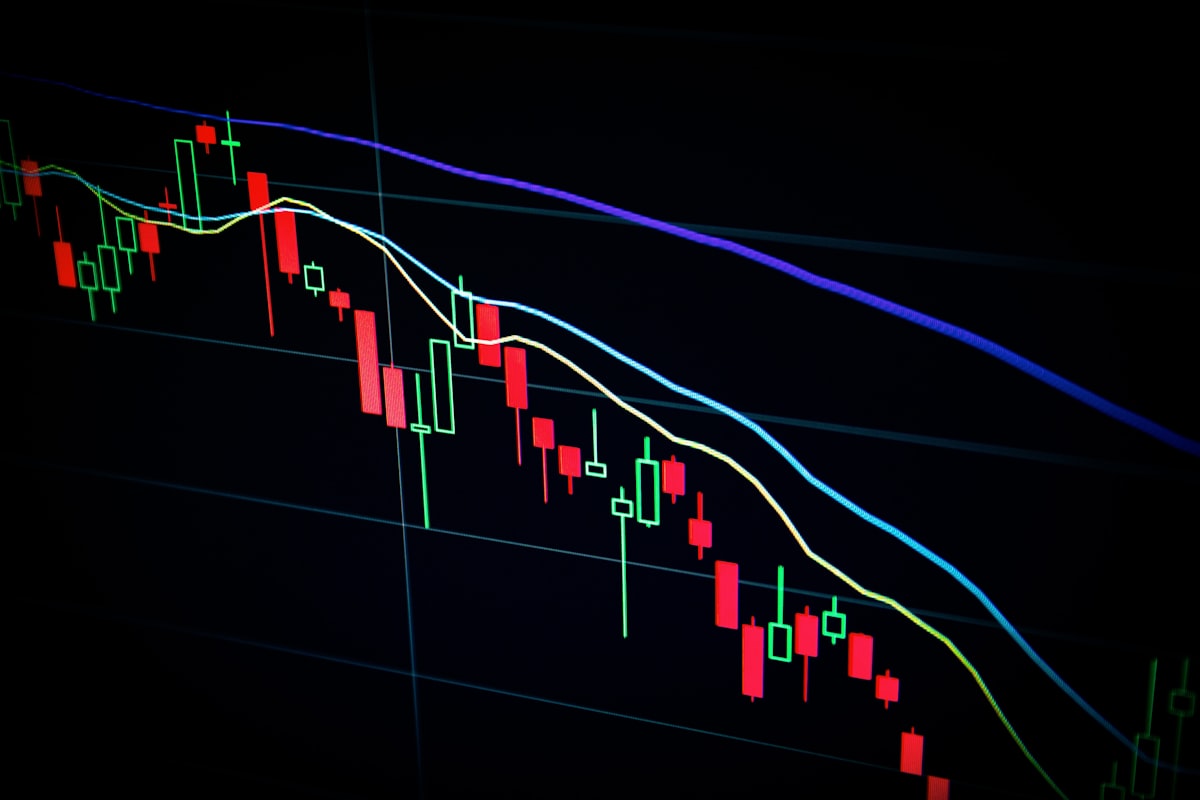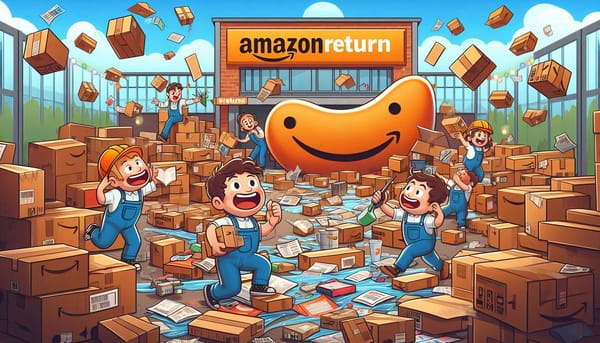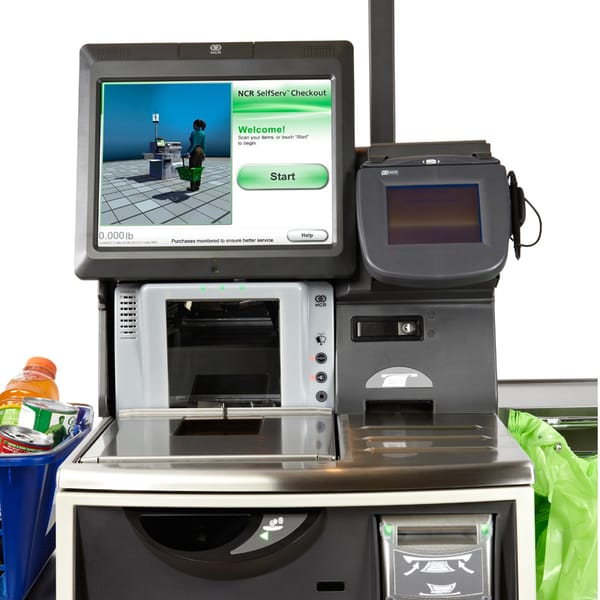Crypto and Product Management
As I look back to my fleeting awareness of crypto, I remain glad that I trusted my instincts. Sadly, too many people have lost money they couldn't afford chasing the dragon.

I have long been a sceptic of cryptocurrency. I first heard of it circa 2008, back when it was a mere curiosity. You could mine with a modern PC at the time and “mint” coins pretty regularly. I looked at it as a curiosity, and I was unsure of what problem it “solved”. The proponents were adamant that it was the key to retiring fiat currency, and that in the wake of the Global Financial Crisis that Bitcoin would become the dominant currency.
I mostly forgot about it, dropping in sporadically when it elevated to be in the headlines, most particularly around the capture of the Dread Pirate Roberts, and his illicit marketplace “The Silk Road”, a mecca of drugs and other illegal activities.
My next brush with it was in 2016, during one of the run ups in value when it seemed everyone I knew, friends, former work colleagues, etc were pimping for Bitcoin. Around that time I became aware of there being other cryptocurrencies, the best known being Etherium, but a proliferation of new “coins” and almost a “Fisher Price”tool kit to speed the development and release of new “Coin Offerings”.
Again, I forgot about it, but last year the initial crash of crypto, with news reports of the scams, the rug pulls, the Pump and Dump as a Service offers, the roping in of social media influencers to hype coins like Dogecoin.1
Why Product and Crypto?
The last decade has seen the rise of a variety of businesses around Crypto, and businesses mean products. Exchanges, investment vehicles, DAO, and NFT’s all have been launched to great fanfare and excitement.
These vehicles led to an explosive rise in the value of these assets. The rise of Covid restrictions and a ton of people living and working at home with disposable income began toying with the products. Buying Bitcoin, storing it in a service like Celsius that let you leverage your deposits to speculate on other crypto products, and turn that leverage into more and more gains.
So, since these were products in the traditional sense, there was something of a product management function. In the definition, the building, and the marketing of the products. Whether these companies had traditional product managers is something I am not aware of, but clearly many of the strictures were in place.
Thus, one would have to assume someone was in charge of the end to end definition, requirements, and delivery.
And this is where I get a little critical of my profession. I like to think that product managers are inherently ethical, and not driven by greed or a lack of moral clarity.
That is a naive opinion. The shitshow we have read about from the Frances Haugen revelations at Facebook dispelled that belief.
If product people at a major social media company can look the other way and enable a lot of hinky behavior, in the drive to meet their metrics, and earn their bonuses, it is not surprising to read about the hijinks at the multitude of crypto firms, culminating in the absolute collapse at FTX.
Everyone is focused on Sam Bankman-Fried2 but the number of failures, investigations, and even the challenges that are happening to the number 1 exchange, Binance, and the failure of several regional banks who dabbled in the fringes of Crypto, and have been burnt.
In the aftermath, there has been a huge amount of ink spilled on the scams, the rug pulls, the out and out Ponzi schemes, and the tragic tales of the marks that the cons convinced to part with their hard earned dollars, chasing the returns.
First - Ethics
As mentioned, I had naively assumed that product managers were ethical by nature. This has been completely disabused. I had thought that the annual Code of Business Conduct exercises were unnecessary, as we hewed to a higher order.
I always thought the Crypto ecosystem was just crap. The number of bad actors, the gullible people who were caught up in it. I know that I would never be able to park my scruples for this. But my crusade appears to be tilting at windmills. Clearly, there are plenty of members of our community who will work for their personal benefit, ceding the moral high road.
And that fucking disgusts me. It makes me want to just walk away from product. For real.
Next - scummy people
Sure, I can buy that there are ethically challenged product people. But they in general do not have the power to go full mad scientist evil doer. Nope, that requires some scummy people. People without a moral compass, like Alex Machinsky, founder of the Celsius Network, a service where you could leverage your crypto to “invest”3 and earn returns. But this fuggin’ guy (Mashinsky) is just a through and through fraudster.
Alas, this was enabled by the long stretch of ZIRP4 making these monsters seem like financial geniuses. Now people like SBF, Alex Mashinsky, and CZ are caught out as the scammers that they are.
Some additional resources
I have become addicted to reading the Web3 is Going Great website maintained by skeptic Molly White (highly recommend reading her).
The best YouTube investigator of this genre is @CoffeeZilla. He is meticulous, and in the last year has been on absolute FIRE chasing these finbro scumbags to ground.
Speaking of Molly White, she has a Substack, and she has helpfully put together a handy page: The (Edited) Latecomer's Guide to Crypto (mollywhite.net) that is totally worth the read.
Lastly, while if I could go back to the past, I would go to 2010 and tell myself then to buy $1000 of Bitcoin, then store it in an cold wallet, and then with the advice to sell it all in late November 2021 when it was trading at ~ $68k per coin. And that is as close as I ever want to get to cryptocurrency.
dogecoin was created as a joke, but when St. Elon Musk began promoting it, a lot of people were fleeced of their hard earned cash. ↩
I have heard SBF expanded to “Sam Bankrun-Fraud” and everytime I read that, I laugh inside ↩
By invest, I mean speculate on highly risky investments in crypto ↩
Zero Interest Rate Policies, the Fed set rates at or near 0% in the decade after the GFC, but as soon as interest rates began rising, the rugs were pulled



